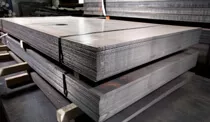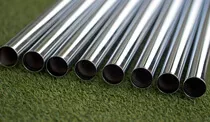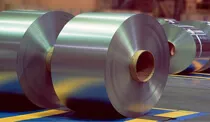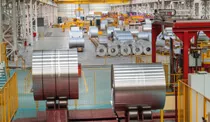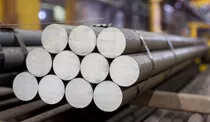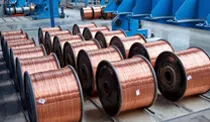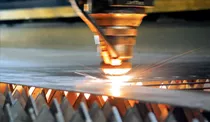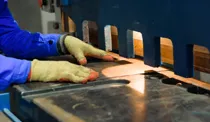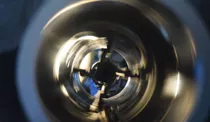Carbon steel and stainless steel have countless applications and are two of the most common materials that custom fabricators work with. Both materials are extremely durable, but each can be more durable than the other depending on the application. Let’s take a closer look at carbon steel and stainless steel and learn where they excel in terms of durability.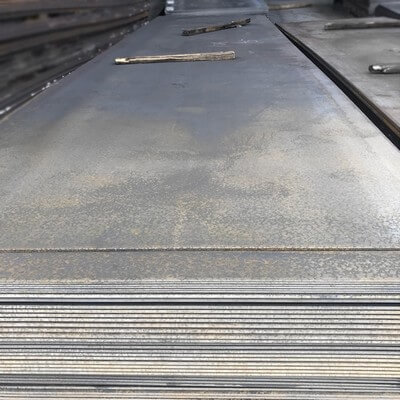
Carbon Steel
Steel is alloy of iron that contains carbon. The carbon is what gives steel strength. In fact, carbon steel can withstand considerable force before breaking. This extra-sturdy material makes it ideal for maintaining shape and resisting abrasion, which is why carbon steel is widely used for fabricating industrial tools, plates, bolts, and hull panels for shipbuilding.
Even though carbon steel can absorb strong forces, it does have a breaking point and will eventually succumb to pressure. This is where carbon steel is at a disadvantage over softer steels—it is often brittle and will crack, rather than bend, under pressure. The level of carbon can be adjusted, however, with low carbon steels offering more flexibility than high-carbon steels.
Stainless Steel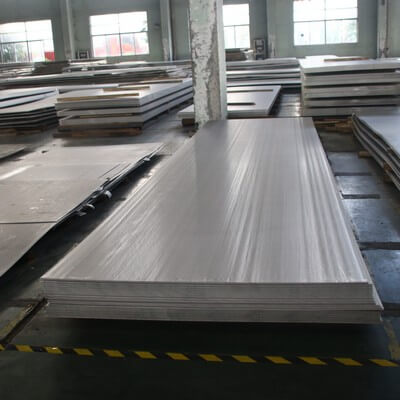
In addition to iron and carbon, stainless steel contains chromium. Chromium is important because it is naturally resistant to corrosion and rusting. This element is what allows stainless steel to be used in environments where moisture may be present, such as in kitchens and ships, as it can last for years without corroding.
Just like the amount of carbon can be adjusted in carbon steel to make it more malleable, so too can chromium be added to stainless steel to improve rust-free performance. Adding chromium, however, can drive up the costs of stainless steel.
Comparing Durability
To answer the question of whether carbon steel or stainless steel is more durable ultimately depends on the application. If the material is expected to maintain it shape under intense pressure, carbon steel will outperform stainless steel, which will distort much sooner. If the material is to be used on a ship, in a pumping system, or in another application where it may come into contact with water, stainless steel will prevent corroding, whereas carbon steel may quickly rust and degrade.
Fabricating Carbon Steel & Stainless Steel
Though their chemical makeup and intended applications are different, both carbon steel and stainless steel are in high demand across numerous industries. Professional custom fabricators need to be adept at working with both materials in order to get ahead in the industry. That’s why they opt for heavy-duty CNC plasma cutting machines from Machitech.
Machitech is a leading manufacturer of automated CNC plasma cutters that can equip your shop with the equipment it needs to reach the next level of success. Plus, our CNC plasma machines come with free and unlimited lifetime support from our professional team. To learn more, contact Machitech today.


